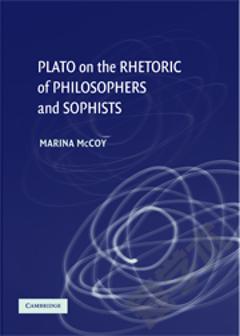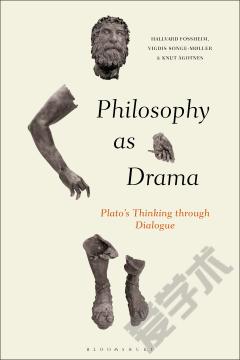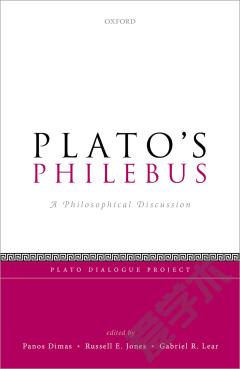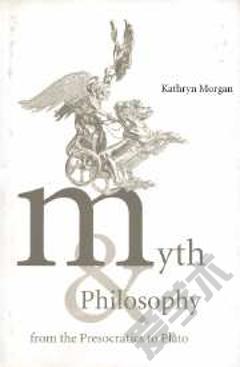Socrates and Philosophy in the Dialogues of Plato
In Plato's Apology, Socrates says he spent his life examining and questioning people on how best to live, while avowing that he himself knows nothing important. Elsewhere, however, for example in Plato's Republic, Plato's Socrates presents radical and grandiose theses. In this book Sandra Peterson offers a hypothesis which explains the puzzle of Socrates' two contrasting manners. She argues that the apparently confident doctrinal Socrates is in fact conducting the first step of an examination: by eliciting his interlocutors' reactions, his apparently doctrinal lectures reveal what his interlocutors believe is the best way to live. She tests her hypothesis by close reading of passages in the Theaetetus, Republic and Phaedo. Her provocative conclusion, that there is a single Socrates whose conception and practice of philosophy remain the same throughout the dialogues, will be of interest to a wide range of readers in ancient philosophy and classics.
{{comment.content}}








 京公网安备 11010802027623号
京公网安备 11010802027623号